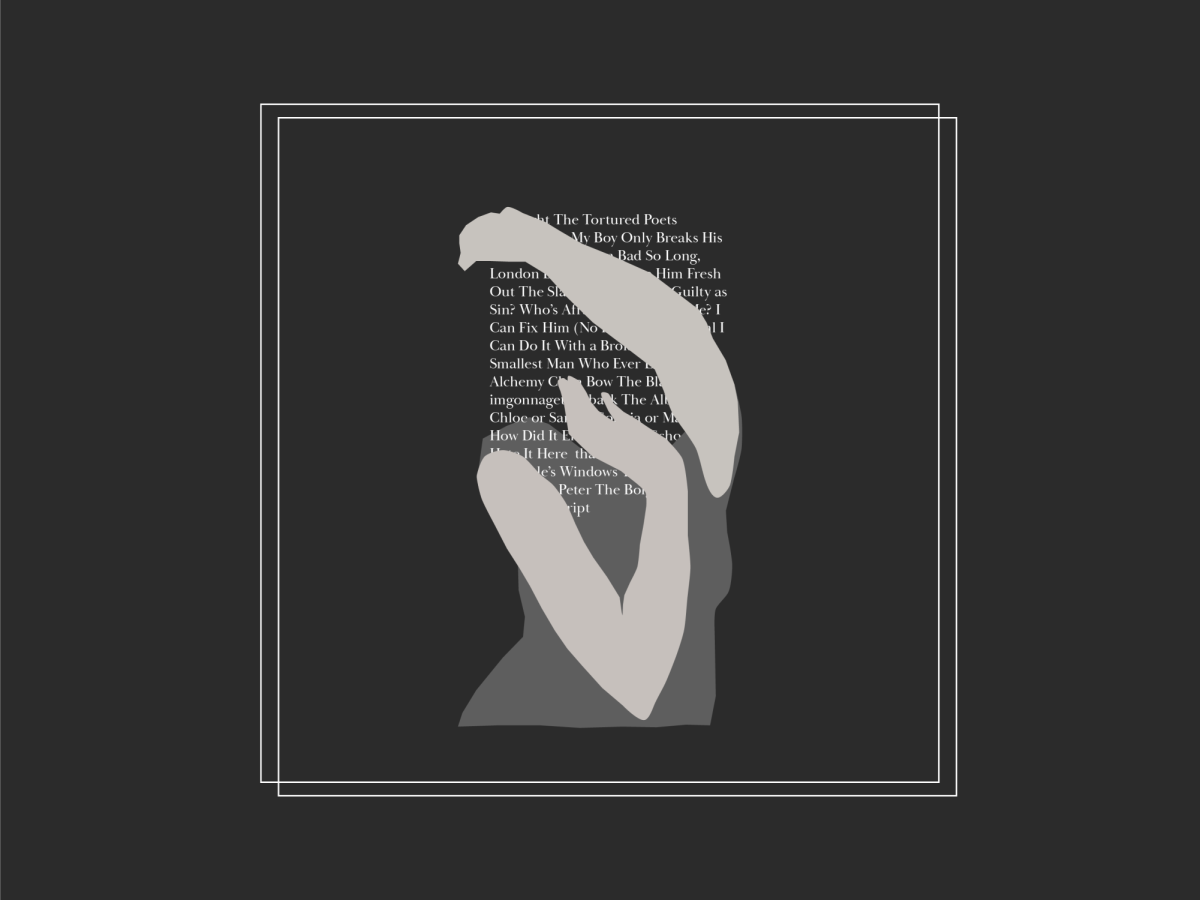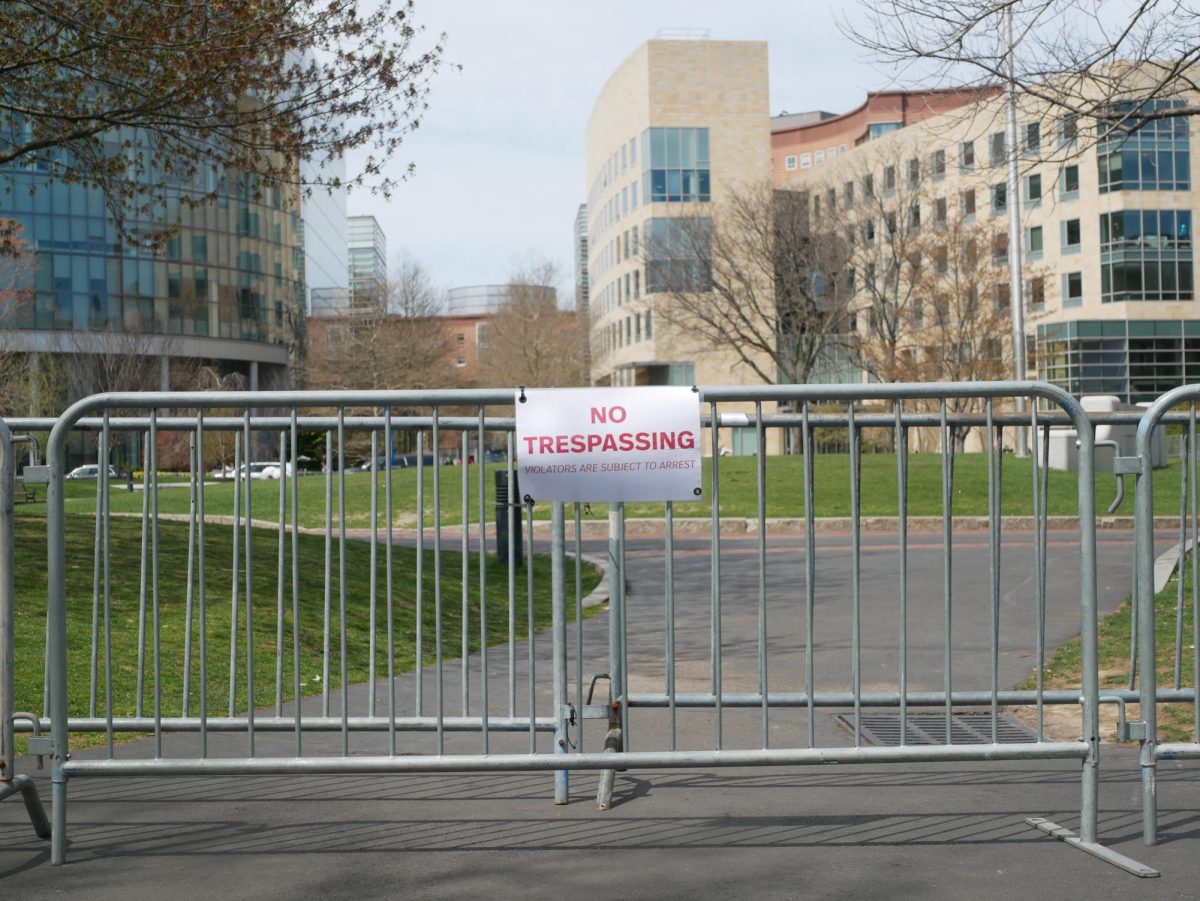– DARS is a completely “table driven” system. All the capabilities of the audit are provided directly to those individuals responsible for interpreting an institution’s academic policies and recording them for DARS. Institutions using DARS should expect to get the results they desire without making any programming changed to DARS, itself.
– Audit reports for an individual student may be run for the student’s current program(s) or any other “what if” programs or catalog date.
– Every academic program, is defined as a list of reusable requirements. Each requirement can be used in as many programs as appropriate. Within a program definition requirements may be required, optional, OR’d, cross-linked, summary, conditional, or for informational purposes only. Any requirement may point to an appropriate list of other requirements. An institution may define itself as one or more independent organizational units — each with its own unique academic program definitions and requirement coding schemes.
– A straight forward requirement “grouping” scheme provides for enabling/restricting the reuse of a student’s courses across requirements. Within a requirement, the user has additional levels of reuse control.
– Requirements — and their test building blocks, subrequirements — have the universal capability to determine whether or not some particular course (or “course-like”) combination, credit value, and/or grade point average has been satisfied. However, they can also be used to report/evaluate other situations – such as: courses not counted toward this program; audited, failed/withdrawn courses; currently enrolled courses or courses taken last term; courses which have had their credit reduced by DARS for exceeding some institutionally imposed limits as with a duplicated courses; courses exceed repeated course credit limits; courses with the best grades; date ranged courses; and others.
– DARS provides automatic table processing to evaluate courses for course number changes, repeatability, and various other course to course relationships – such as prerequisites, credit limited groups, time taken relationship limitations and others.
Information provided by: dars.muohio.edu/Handout_DARS.html











